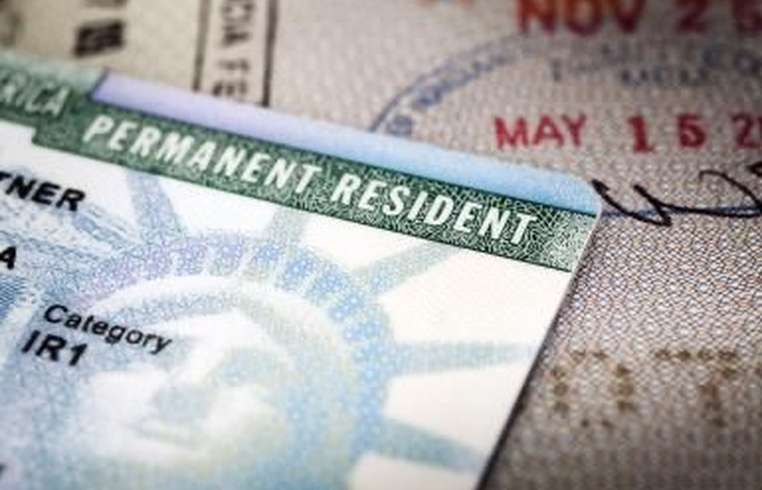
Addressing the plight of over 1 million Indians"

The employment-based Green Card backlog has reached a tipping point, with more than 1 million Indians caught in frustrating limbo as they wait for permanent residency in the United States. These accumulations not only affect the lives and aspirations of these individuals, but also have far-reaching consequences for American business, innovation, and global competitiveness.
The interest primarily affects skilled professionals from India who come to the United States on H-1B visas, often working in fields such as technology, health care and engineering. These individuals, along with their families, contribute significantly to the American economy and society, yet they face years, if not decades, of uncertainty regarding their Green Card backlog.
Several factors contribute to the backlog, including country-by-country quotas, bureaucratic inefficiencies and outdated immigration policies. The current system sets an employment-based limit on the number of green cards issued each year for each country, regardless of that country's population or demand. As a result, citizens of countries with large immigrant populations, such as India and China, face disproportionately long wait times compared to applicants from other countries.
The impact of delays goes beyond personal frustration. For employers, especially those in the tech industry, backlogs hinder their ability to retain and attract top talent from around the world. This, in turn, stifles innovation, hinders economic growth, and undermines America's competitiveness in the global marketplace. Furthermore, families are forced to end their lives, unable to plan for the future or contribute fully to their communities.
Addressing work-based Green Card backlogs requires a comprehensive and fair approach. Reforms should include eliminating country-by-country quotas, increasing the number of green cards available annually, and modernizing the immigration system to prioritize skills and investment in the economy. In addition, streamlining the determination process, reducing bureaucratic hurdles, and increasing transparency are critical steps to reduce wait times and mitigate backlogs.
Furthermore, policymakers need to recognize the human toll of overcrowding and its impact on families and communities. Providing relief measures such as work permit extensions, expedited processing for certain categories, and flexibility in visa status can help alleviate the difficulties faced by those in the backlog.
